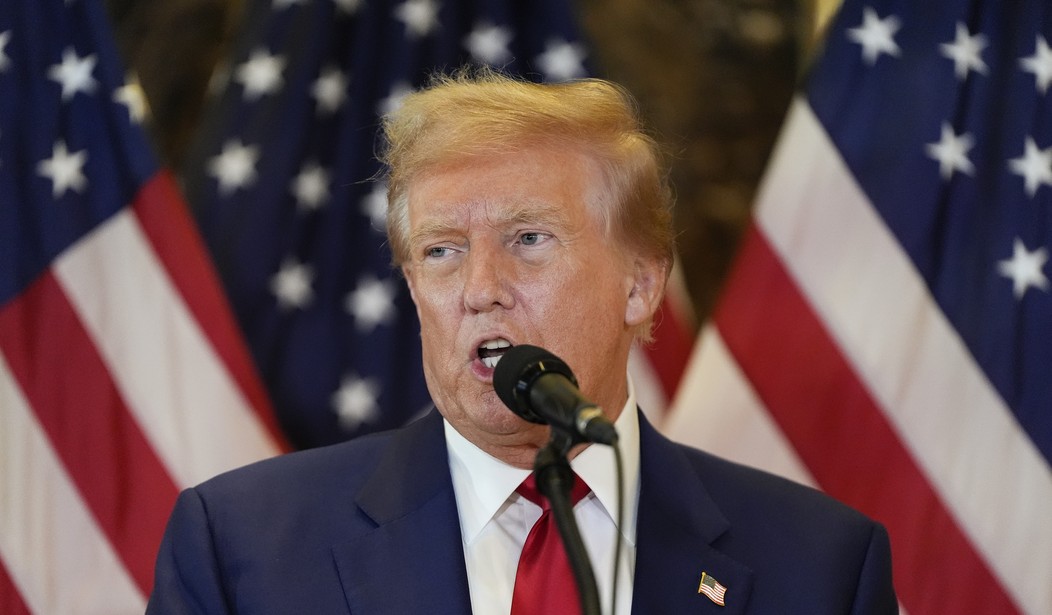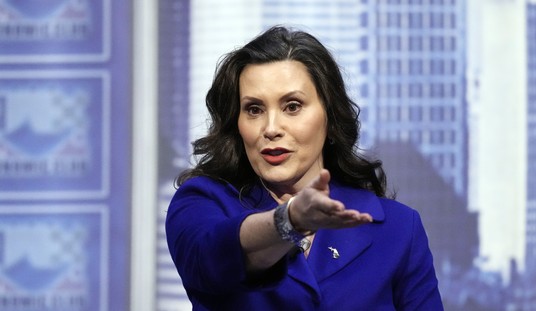We've got a spot of breaking news out of Manhattan as Judge Juan Merchan has now modified the gag order imposed on former President Donald Trump ahead of and during his trial for falsifying business records.
Trump's legal team had requested that the order be fully lifted following the former president's May 30 conviction.
Trump’s lawyers have argued that he should be entitled to fully address the case, given the continued public criticism of him by his ex-lawyer Michael Cohen and Daniels, both key prosecution witnesses.
Days after the verdict, they sent a letter to Merchan asking him to lift the gag order. They followed up last week with a formal motion requesting that the restrictions be rescinded. Prosecutors have until Thursday to respond. Merchan is expected to rule soon after that, possibly before Trump’s June 27 debate with President Joe Biden.
Additionally, Trump had appealed the initial imposition of the gag order, but the New York appellate courts declined to take the issue up ahead of a formal appeal of the case on the merits.
New York's Highest Court Declines to Take Up Trump Gag Order Appeal...for Now
On Tuesday, Merchan issued a five-page order, which may be viewed in full below, modifying the order to allow Trump to discuss witnesses and jurors but maintaining the prohibition against commenting on individual prosecutors (other than District Attorney Alvin Bragg), court staff, or family members.
Merchan struck parts of the gag order that barred Trump from making public statements about witnesses or jurors in the Manhattan Supreme Court trial, which ended on May 30 in Trump’s conviction on 34 criminal counts.
But Merchan ruled that Trump is still bound by the order’s restrictions on speaking about lawyers and staff for the Manhattan District Attorney’s office and the court, plus any of their family members, if those statements could interfere with the case. Trump is allowed to speak about Manhattan District Attorney Alvin Bragg.
Here Comes the Cavalry: Stunning New Trump Donation Numbers, Bigwigs Also Weighing In
Trump's Down but Not Out—'My Revenge Will Be Success'
The key points from Merchan's decision were as follows:
The basis for the issuance of the Orders was to protect the integrity of the judicial proceedings. As this Court recognized in its Order of April 7, 2024, "the threats to the integrity of the judicial proceeding are no longer limited to the swaying of minds, but also to the willingness of individuals, both private and public, to perform their lawful duty before this Court." Decision and Order dated April 1, 2024, p. 2. Both Orders were narrowly tailored to address the significant concerns regarding the Defendant's extrajudicial speech. The Orders were overwhelmingly supported by the record, and it was upon that record that the Appellate Division First Department and the New York Court of Appeals kept the Orders intact. However, circumstances have now changed. The trial portion of these proceedings ended when the verdict was rendered, and the jury discharged. Therefore, Paragraph (a) is terminated without opposition by the People. As to Paragraph (c), while it would be this Court's strong preference to extend those protections, the Court cannot do so on what is now a different record than what the appellate courts relied upon when they rendered their rulings. Therefore, Paragraph (c) must be terminated. Nonetheless, there is ample evidence to justify continued concern for the jurors. Therefore, the protections set forth in this Court's Protective Order of March 7, 2024, Regulating Disclosure of Juror Information, will remain in effect until further order of this Court.
Regarding Paragraph (b), this Court notes that while witness testimony has concluded, a verdict has been rendered, and the jury discharged - the proceedings are not concluded. This matter has been set down for the imposition of sentence on July 11, 2024. Until sentence is imposed, all individuals covered by Paragraph (b) must continue to perform their lawful duties free from threats, intimidation, harassment, and harm.
From a practical standpoint, what this means is that Trump may now speak freely about the witnesses (including Stormy Daniels and Michael Cohen) and he may speak of the jurors generally (but not identify or disclose any of their personal information). He may also criticize Alvin Bragg to his heart's content (which he always could), but he cannot comment on court staff or their family, nor can he comment on, for instance, Matthew Colangelo (the former "number three" Biden Justice Department official, who stepped down from that role to serve as a lead prosecutor on the Trump prosecution team in Bragg's office).
All in all, a victory of sorts for Trump ahead of his Thursday debate with President Joe Biden, but he'll still have to mind his p's and q's to an extent.
PostTrial Termination GagOrder by Susie Moore on Scribd














Join the conversation as a VIP Member